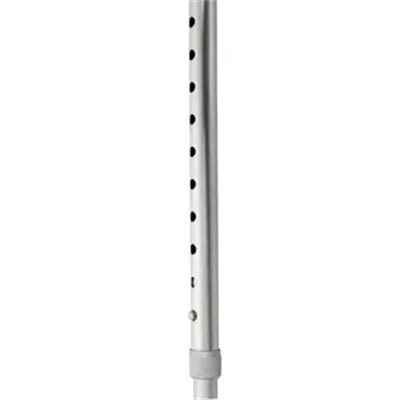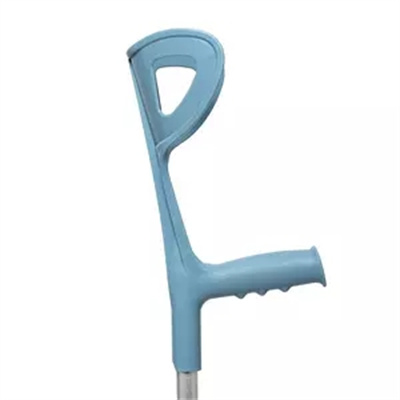Crutches are not the only option for mobility support. Depending on your condition, there are various alternatives available to help you move around more comfortably and safely. Here are some common alternatives to traditional crutches:
1. Canes:
- Canes are often used for mild balance or mobility issues. They provide support to one side of the body and can help distribute weight away from an injured leg or provide stability.
2. Walkers:
- Walkers provide more stability than crutches or canes and are suitable for individuals who need substantial support. They typically have four legs and may come with wheels or glides for easier movement.
3. Knee Walkers (Knee Scooters):
- Knee walkers are a great option for individuals with lower leg injuries. They have a cushioned knee pad and wheels, allowing you to rest your injured leg while using your other leg to propel yourself.
4. Rollators:
- Rollators are similar to walkers but have wheels on all four legs and often include a seat and storage pouch. They are suitable for individuals who need both walking support and the option to sit when fatigued.
5. Crutch Alternatives with Powered Mobility:
- Electric wheelchairs or mobility scooters can provide excellent mobility support for individuals with limited mobility. These devices are especially helpful for those who cannot bear weight on their legs or have severe mobility limitations.
6. Orthopedic Boots or Casts:
- If you have a minor foot or ankle injury, your healthcare provider may recommend an orthopedic boot or cast. These can help immobilize and protect the injured area while allowing you to walk to some extent.
7. Prosthetic Devices:
- For individuals with amputations or limb differences, prosthetic limbs or adaptive devices can provide mobility support tailored to their specific needs.
8. Hands-Free Crutch Alternatives:
- Some hands-free alternatives, such as the iWALK2.0, offer a more natural walking experience and can be used by individuals with certain lower leg injuries.
9. Mobility Aids with Seating:
- Some rollators or wheeled walkers come with a seat, allowing you to take breaks and sit down when needed.
10. Customized Assistive Devices: – Depending on your specific needs, healthcare professionals may recommend custom mobility solutions to maximize your comfort and mobility.
When considering an alternative to traditional crutches, it’s crucial to consult with your healthcare provider or physical therapist. They can assess your condition, mobility requirements, and individual preferences to recommend the most suitable mobility aid for your situation. Proper guidance ensures that you can maintain mobility while minimizing the risk of further injury or discomfort.




















